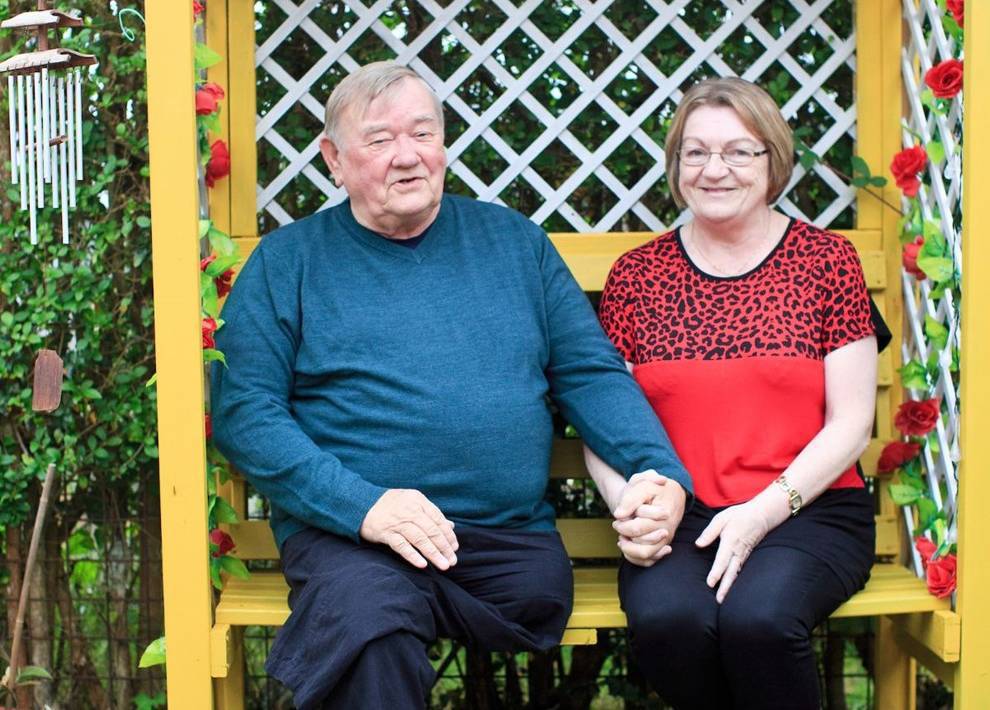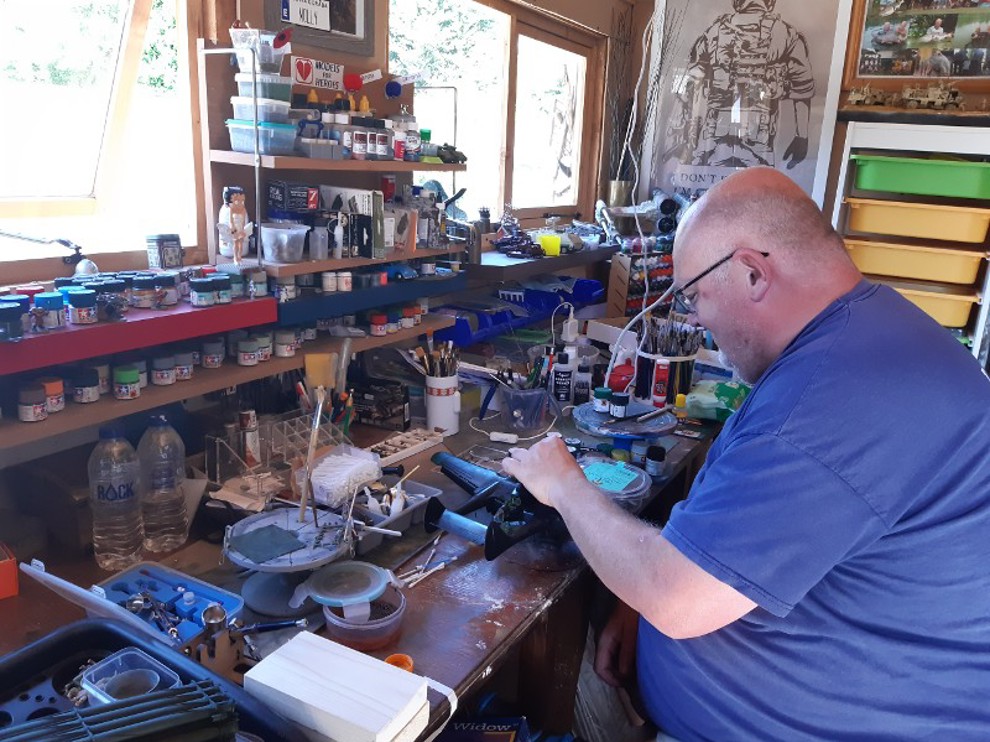In the United Kingdom, the next Mental Health Awareness Week will run from Sunday, October 6th - Saturday, October 12th, 2024.
As a charity dedicated to enabling limbless veterans to lead independent and fulfilling lives, we are also dedicated to improving the mental health and continued wellbeing of veterans, serving military personnel, reservists and their family members.
It’s estimated that 1 in 8* UK Armed Forces personnel were seen in military healthcare for a mental health related reason during 2022-23, with 1 in 45 going on to be seen by a specialist mental health clinician. Females were more likely to seek help, similar to that experienced in the UK general population.
Raising Awareness About Improving Mental Health In Veterans
If you’re suffering with poor mental health, it’s important to know that you can always ask for help.
- Combat Stress offers a 24-hour helpline. Their contact details are: 0800 138 1619. Serving personnel and their families can call 0800 323 4444. Alternatively, you can text 07537 173683 or email helpline@combatstress.org.uk. Please note this helpline is specific to serving military personnel, veterans and their families.
- NHS 111 – to access medical help fast but when it’s not a 999 emergency, telephone 111 (available 24 hours). To access information from the NHS on conditions, treatments, local services and healthy living following the link to NHS Choices.
- Samaritans freephone 116 123 ROI 1850 609090 (24/7) or email jo@samaritans.org to access confidential emotional support for feelings of distress, despair or suicidal thoughts.
- The Veterans' Gateway service covers welfare needs of veterans and their families. Call Veterans Gateway on 0808 802 1212 or text 81212.
- Forcesline telephone helpline: 0800 7314880 (Monday – Friday 10.30 – 19.30), live chat or email. Please note this helpline is specific to serving military personnel, veterans and their families.
- Togetherall is a safe, online service providing access to millions with anxiety, depression and other common mental health issues.
- Shout is a crisis text support service. Text SHOUT to 85258.
Further mental health services for veterans.
Practice Mindfulness
Mindfulness is a meditation technique, where you focus on what’s happening in the present moment – without judgemental thoughts. For example, you can practice mindfulness right now, such as focusing on the sights, sounds, physical sensations and smells around you.
You can also practice mindfulness during everyday tasks or activities, such as making a cup of coffee, sitting out in the garden or going for a gentle stroll. The aim of mindfulness is to stand back from and quieten intrusive thought patterns.
Mindfulness can help with alleviating stress, anxiety and depression. More tips on mindfulness and wellbeing can be found on this dedicated NHS webpage.
Mindfulness is practised by some of our Members at Blesma, including John Sutherland – former captain in the Queen’s Own Highlander. John started to suffer from mental health problems as a result of severe physical pain; caused by a lengthy battle with calf problems.
You train the mind to identify unhelpful thoughts, break them down, and then reframe them. The technique freed me from depression and emotional distress... all the bits that went with the pain.
John Sutherland, Former Captain in the Queen’s Own Highlanders**

Embrace A New Hobby
Starting a new hobby or picking up a hobby you may have stopped in the past, is a great way to find a new purpose and improve your mental health.
Mood-boosting hobbies that can help include gardening, cooking, sewing, painting, model making, woodworking, learning an instrument, joining a choir, photography, rock climbing, swimming, and outdoor activities such as hiking, archery, tennis, or football.
Gardening has become a lifeline for Blesma Member Mark, who was diagnosed with PTSD following an incident in Iraq in 2003. He lost sight in his right eye after a devastating explosion.
Gardening got me doing something. I didn’t want to socialise because of my PTSD, but I was able to potter in the garden. It’s been great for my mental health.
Mark Strachan
Conrad Molloy served with the Royal Anglian Regiment and was injured following an IRA bomb attack in 2000.
As a keen model maker, Blesma funded a craft shed for him, which he says has been hugely beneficial to his mental health, allowing him to continue with his model making.
Because of PTSD, my hands shake when I’m nervous. It gets better when I concentrate and model making gives me a focus – it calms me down when I’m stressed.
Conrad Molloy

Fundraise For A Charity
Doing something good for your local community or a cause you’re passionate about is another way to enhance your mood.
Sports Challenges
Take part in a running event, such as a half marathon or build up to a full marathon. As part of your training, running can also work as a stress relief.
If you’re feeling adventurous, you could try something completely different, such as fundraising skydiving or a wing walking experience!
Do Your Own Fundraising
There are many ways you can fundraise for charity – from organising a bake sale at work, to hosting a karaoke night, running a quiz or setting up a fundraising page for your chosen charity.
*Source: Gov.uk UK armed forces mental health annual statistics: financial year 2022/23
**Source: Blesma Interview: The Programme Saved My Life
We can help
We are dedicated to assisting serving and ex-Service men and women who have suffered life-changing limb loss or the use of a limb, an eye or sight. We support these men and women in their communities throughout the UK. Click the link below to find out the different kinds of support we offer.
Get Support